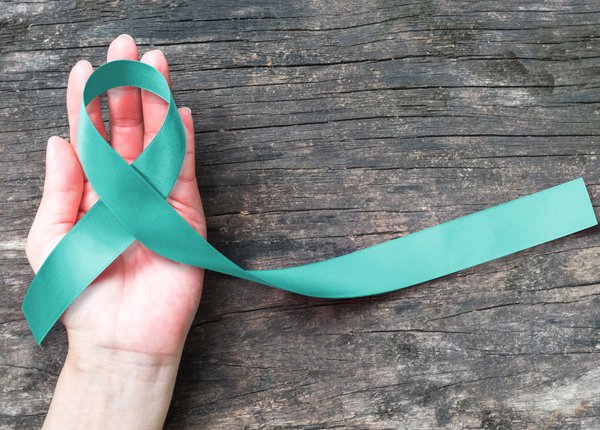No woman should die of cervical cancer, the most preventable of all gynecological cancers. To protect yourself against cervical cancer, get screened regularly starting at age 21.
Cervical cancer is almost always caused by the human papillomavirus (HPV), the most common sexually transmitted disease and a major cause of cervical cancer. About 79 million Americans currently have HPV, but many people with HPV don’t know they are infected.
The good news?
- Vaccines are available to protect against the types of HPV that most often cause cervical cancer..
- Cervical cancer can often be prevented with regular screening tests (called Pap tests) and follow-up care.
Two tests can help prevent cervical cancer or find it early. The Pap test (or Pap smear) looks for pre-cancers, which are cell changes on the cervix that might become cervical cancer if they are not treated appropriately. The HPV test looks for the virus that can cause these cell changes.
The Pap test is recommended for women between ages 21 and 65, and can be done in a doctor’s office or clinic. Women should start getting Pap tests regularly at age 21. If your Pap test results are normal, your doctor may say you can wait three years until your next Pap test. If you are 30 years old or older, you may choose to have an HPV test along with the Pap test. Both tests can be performed by your doctor at the same time. If your test results are normal, your chance of getting cervical cancer in the next few years is very low. Your doctor may then say you can wait as long as five years for your next screening.
Thanks to the Affordable Care Act, you and your family members may be able to get these services at no cost to you as part of your preventive care benefits. If you have a low income or do not have health insurance, you may be able to get a free or low-cost Pap test through CDC’s National Breast and Cervical Cancer Early Detection Program. To find out if you qualify for a free or low-cost mammogram and Pap test and where to get screened, call:
- (800) 477-9774 in Maryland
- (800) 215-7494 in Pennsylvania
- (800) 642-8522 in West Virginia

For more information about cervical cancer and available resources, visit the CDC or the National Cervical Cancer Coalition (NCCC).

